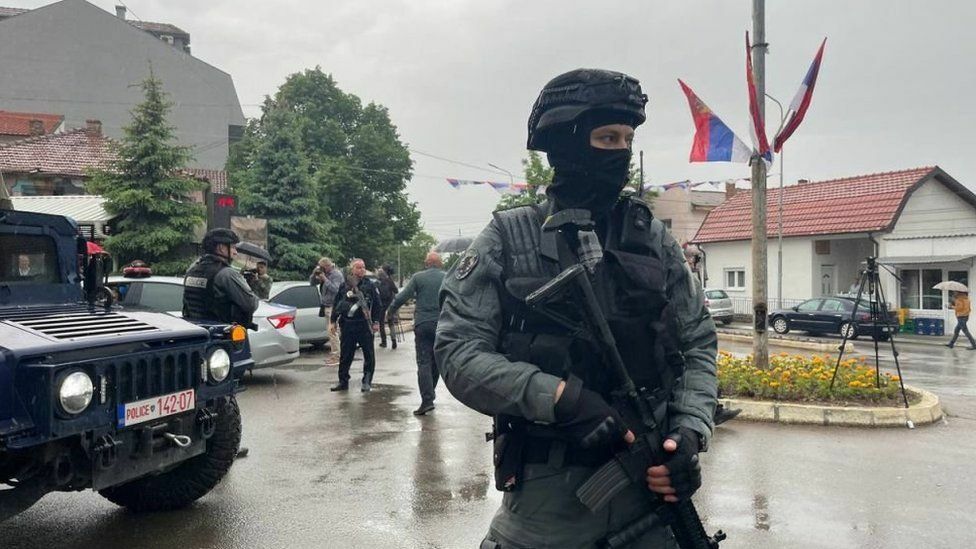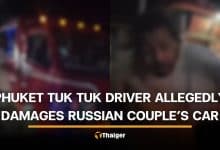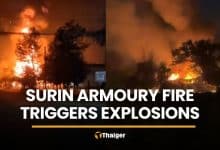Nato condemns Kosovo attacks as peacekeepers clash with Serb protesters

NATO has criticised the recent attacks on its peacekeepers in Kosovo, calling them “totally unacceptable.” Clashes erupted between police, NATO troops, and Serb demonstrators in the north of the country, resulting in injuries to approximately 25 peacekeepers. The unrest is connected to the installation of ethnic Albanian mayors, which has sparked tensions in the region.
In Zvecan, tear gas and stun grenades were used to disperse protesters attempting to invade a government building. NATO soldiers also formed a security cordon around two other town hall buildings. The ongoing crisis can be traced back to April when Kosovo Serbs boycotted local elections. This allowed ethnic Albanians to take control of local councils with a turnout of less than four per cent.
Both the European Union and the United States have expressed concern over the Kosovan authorities’ actions, which have contributed to the destabilisation of the situation in north Kosovo. They have also urged caution against any actions that could further inflame ethnic tensions in the region.
Kosovo declared independence from Serbia in February 2008, following years of strained relations between its Serb and mainly Albanian inhabitants. While the United States and major European Union countries have recognised Kosovo’s independence, Serbia and its ally Russia have refused to do so, along with most ethnic Serbs within Kosovo.
In the recent violence, peacekeepers from Italy and Hungary were among those injured, with three in serious condition, according to NATO. Five individuals have been arrested in relation to the attacks. Serbian President Aleksander Vucic reported that over 50 Serbs required hospital treatment, with even more sustaining injuries.
Protesters were not only angered by the installation of ethnic Albanian mayors but also by the actions of Kosovo police, who arrived with rifles and armoured vehicles. Additionally, the replacement of Serbian flags with Kosovo flags on municipal buildings further provoked the demonstrators.
Kosovo’s Prime Minister, Albin Kurti, defended the actions of the security forces, stating that they were ensuring democratically elected mayors could represent their constituents. However, critics have accused him of attempting to create chaos in the region by installing leaders without a credible mandate.
The most violent incidents occurred in Zvecan, where a crowd gathered at the municipal building to prevent the new ethnic Albanian mayor from entering. NATO-led troops initially tried to separate protesters from the police but later dispersed the crowd using shields and batons. Some protesters threw rocks and Molotov cocktails at the soldiers.
NATO condemned the attacks as “totally unacceptable” and called on all sides to “refrain from actions that further inflame tensions, and to engage in dialogue.”
In response to the fresh protests, President Vucic placed the army on the highest level of combat alert and moved army units close to Kosovo’s border. The recent disorder began after Kosovo Serbs boycotted April’s local elections in four northern municipalities, allowing ethnic Albanians to take control of the councils. Belgrade supported the boycott, which resulted in a turnout of just 3.47%.
Despite their support for Kosovo, both the EU and the US have criticised Pristina for destabilising the situation and urged authorities to “de-escalate.” However, this advice appears to have gone unheeded.
Latest Thailand News
Follow The Thaiger on Google News:


























